Cage Safety
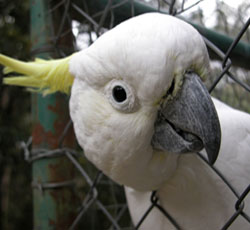 When considering the purchase of a cage for your bird, safety is a prime consideration. The following categories provide an overview of the key safety issues you must consider and investigate:
When considering the purchase of a cage for your bird, safety is a prime consideration. The following categories provide an overview of the key safety issues you must consider and investigate:
Bar Spacing
Bar spacing is an important safety consideration when it comes to choosing a suitable cage. The bar spacing must be narrow enough to prevent your bird from escaping the cage and, more importantly, from getting his head trapped between the bars. Please refer to our Cage Size Guide for recommendations as to species specific bar spacing criteria.
Bar Gauge
The cage bars and welds must be strong enough to prevent your bird from bending the wire and/or breaking the welds. Wire gauge is a measure of thickness. The smaller the wire gauge number the larger the diameter.
Materials/Finish Type
Cages are made out of a variety of materials each with pros and cons and varied lifetimes.
Metal is most durable of the materials commonly used. Metal cages are typically powder coated iron or they made from stainless steel.
- Powder coated cages come in a variety of fashionable colors and are less expensive than Stainless Steel. The powder coat should be non-toxic and the cage should be inspected for signs of flaking.
- Stainless steel is the safest, most durable, toxic free, easiest to clean cage material available. If you can afford a stainless steel cage it will be the best cage investment you can make.
Acrylic cages may allow for an enhanced view of your bird but, it is reported, that they are not as durable as metal bar cages and they offer restricted opportunities for climbing.
Wood cages are most often used for smaller, non-destructive bird species (i.e., finches, canaries). Wood cages are difficult to clean and definitely not recommended for hookbills who will ultimately chew their way out of the cage.
Construction Quality
- Are the cage bars welded or fitted through drilled holes in the frame? Drilled holes often allow for water, feces and urine to get inside the cage frame which often results in bacterial growth and rust formation.
- Is the cage top securely fastened to the frame?
- Are the locks and or latches adequate to contain your bird and prevent escape through doors or food hatches?
- Do the perches fit securely?
- Are there loose or accessible parts that a mechanical bird can disassemble?
- Are the seams well fitting? Are there any sharp edges?
- Are the welds smooth and rust free?
- Is there fancy scrollwork that could pose a foot/leg entrapment hazard?
Buying a Used Cage
If you purchase a used cage, the most important thing you must do to ensure your bird's health and safety is to make sure it is thoroughly cleaned and disinfected prior to housing your bird in it.
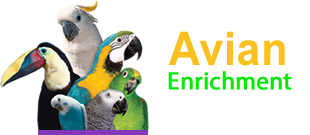


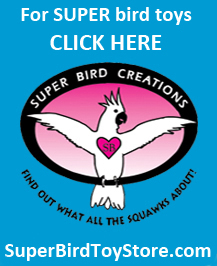
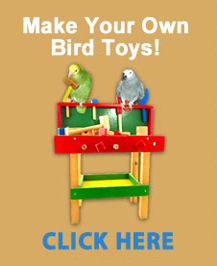
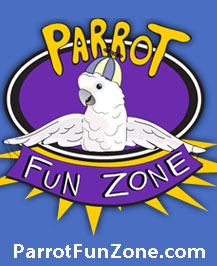

Comments powered by CComment